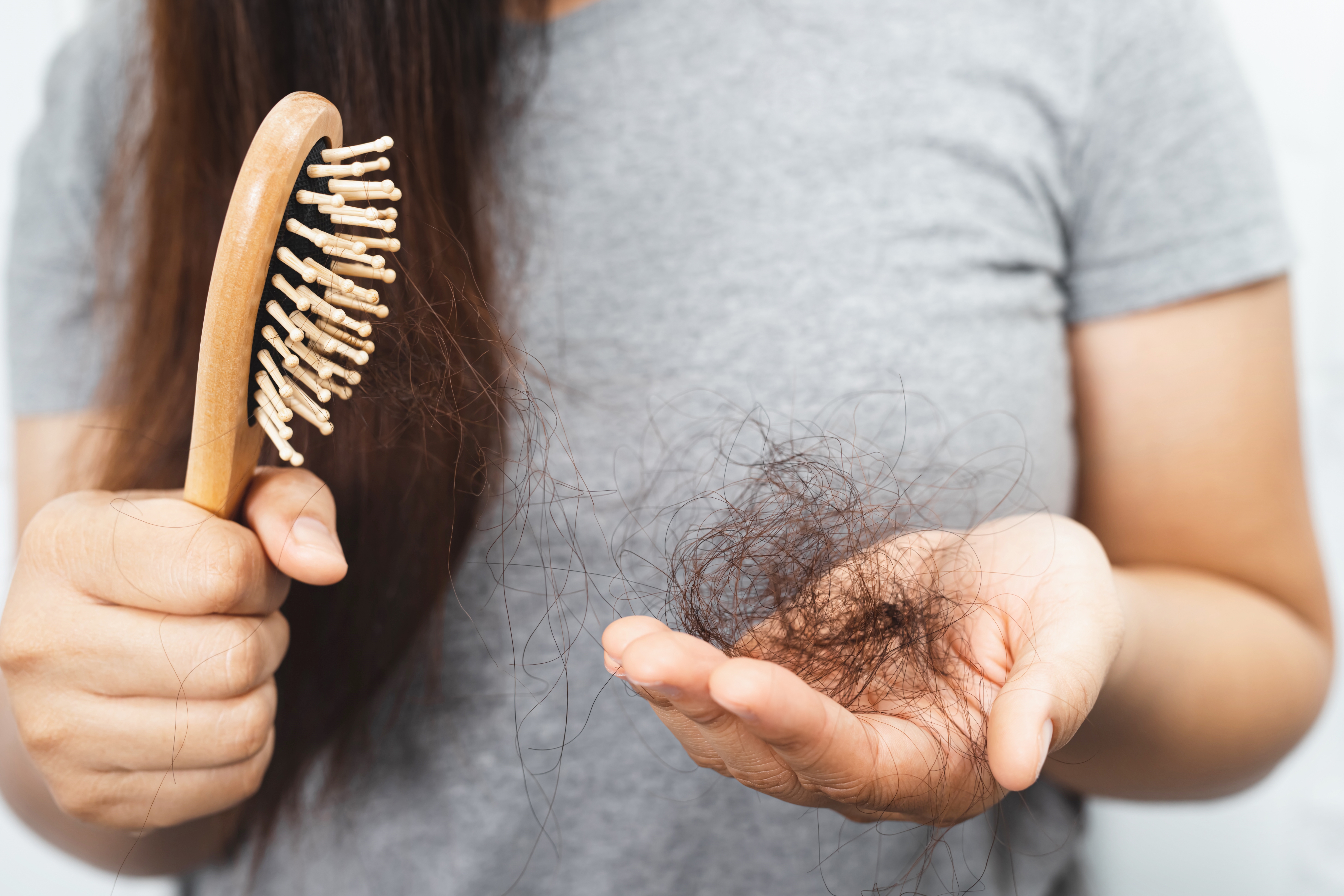10 Subtle Clues Hinting at Lupus Without You Even Realizing It
3. Joint Pain: The Understated Ache

Joint pain is another symptom that can silently hint at lupus. Unlike the acute pain associated with injuries, lupus-related joint pain is often more subtle and can be mistaken for arthritis or general stiffness. It may present as a dull ache or a feeling of stiffness, particularly in the morning or after periods of inactivity. This pain can affect any joint in the body, but it is most commonly reported in the hands, wrists, and knees. The intermittent nature of this pain can lead individuals to dismiss it as a temporary issue, delaying the pursuit of a proper diagnosis. In addition to pain, individuals with lupus may experience swelling or tenderness in the joints. This can further complicate matters, as these symptoms can easily be attributed to other conditions like rheumatoid arthritis. However, unlike arthritis, lupus-related joint pain does not typically cause permanent damage to the joints, which is an important distinction. Recognizing these subtle differences can be key in identifying lupus as the underlying cause and seeking appropriate medical intervention.
4. The Mystery of Hair Loss

Hair loss is a symptom that can be particularly distressing, yet it often goes unnoticed as a potential sign of lupus. While it is normal to lose some hair each day, individuals with lupus may experience more significant hair loss, either in patches or as a general thinning. This can occur suddenly or gradually and may be accompanied by changes in the texture of the hair, making it more brittle or prone to breakage. Hair loss in lupus is often related to inflammation of the skin and scalp, but it can also be a side effect of the medications used to treat the disease. The psychological impact of hair loss can be profound, affecting self-esteem and emotional well-being. However, because hair loss is a common issue with various potential causes, it is often not immediately linked to lupus. Understanding the connection between lupus and hair loss can encourage individuals to seek medical advice, particularly if this symptom occurs alongside other subtle signs of the disease. Early intervention can help manage the condition and potentially reverse the hair loss, improving both physical and emotional health.
